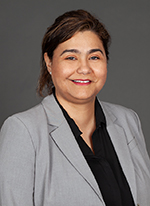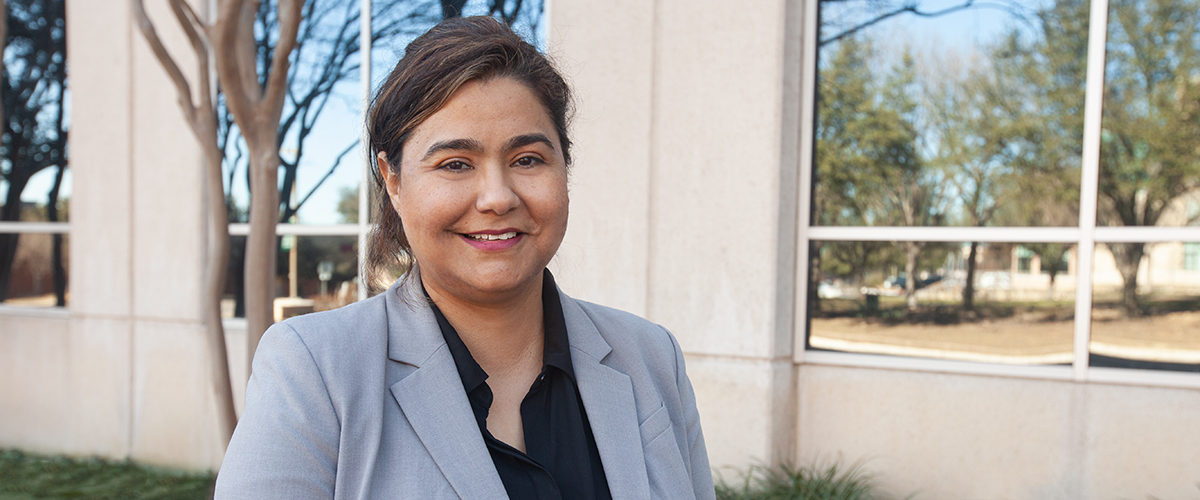I am pleased to join the Trellis Foundation as the newest graduate fellow. The combination of my lived experience and academic background helps me to be an active part of policy change toward equitable educational opportunities in Texas.
I am a first-generation college graduate. I received my higher education while incarcerated. I may not be a DREAM Act recipient, but I am still a DREAMer. Sharing the commonality of non-traditional students who, despite many obstacles, still aspired to be something more than what was expected.
While I was incarcerated, I earned two associate degrees and a bachelor’s degree in business administration. Upon release, I applied for a master’s program within the same institution as my undergrad. I was denied because of my past. To say I was devastated is an understatement. This denial compelled me to begin researching transitional educational pathways for returning students, but very few exist.
I refused to give up; I applied to schools again and again and have recently started graduate school at Texas Woman University, pursuing a master’s degree in business with an emphasis on Women in Leadership.
In my opinion, a master’s degree is a differentiating factor between individuals in the workforce. While my program is time-consuming and costly, the benefits outweigh the cost. It will help refine my skills such as critical thinking, analytic abilities, time management and presentation skills, all of which will help me succeed in the workplace. On a personal level, it will provide me with a sense of accomplishment.
Recently, I was chosen as one of eight fellows by The Education Trust to focus on the intersection of criminal justice and higher education, with an emphasis on Pell Grant implementation. The fellowship introduced me to the educational policymaking process and illustrated the critical value of equal access to education.
In addition, I am a professional braille transcriber. I translate novels and school textbooks into braille for the visually impaired. Braille is not a language, but a rather code by which languages may be written and read. Braille literacy improves a student’s academic performance, which leads to greater independence and workforce success for people who are blind or who have low vision. With more than 20 years’ experience in braille transcription, I am grateful to be able to continue this work with educators and the visually impaired community.
As a graduate fellow for the Trellis Foundation, I will continue my work toward removing barriers that hinder equal access to education and affecting policy change for higher education within the prison landscape.
About the Author

Alexa’s passion for advocacy is rooted in her personal experience of incarceration and the stigma she faced in her community upon release. She hopes to use storytelling as a way to change the narrative around system involvement. Alexa aspires to provide her unique perspective to elevate the often-neglected voices of incarcerated women of color and their lack of support in pursuing higher education while in the system. She is eager to participate in research and analysis that will support effective policy reform that will provide access to higher education for all individuals impacted by the justice system.
Alexa holds a Bachelor of Arts degree in business administration and has completed certification through the Library of Congress as a braille transcriber.

